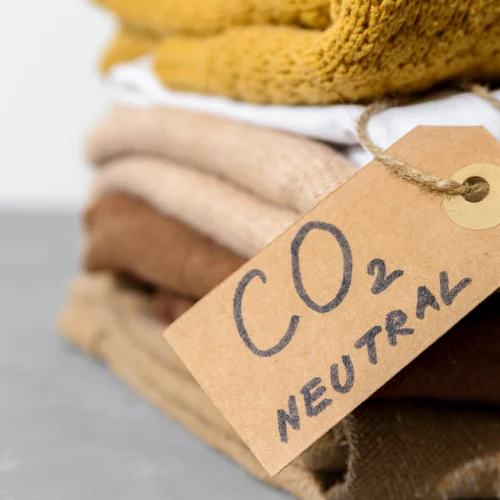Making a topic political in the United States doesn’t result in constructive dialogue. Political polarization usually guarantees that intelligent debate dies. We start arguing over identity, instead of discussing the topic. (Find out why in this great article, written by my husband, Ozan Varol.)
Unfortunately, ESG (environmental, social, governance) got political…
…with an anti-ESG campaign led by prominent Republicans, including former Vice President Mike Pence, Governor Ron DeSantis (FL), and Senator Tom Cotton (AR). At the same time, several Republican-led states want to prohibit state investment funds from doing business with asset managers that use ESG principles to make investment decisions.
Why?
There’s a misconception that ESG is about virtue signaling—in other words, ESG is “woke”. Under this misconception, the adoption of ESG is equal to the spreading of values not everyone agrees with. The fear is, these values will disrupt free markets.
Let’s look at what ESG is, and what it is not.
ESG, at its most fundamental level, was created to assess the risk of investments, mainly by understanding how the future of a business could be affected by environmental and social issues. It includes an additional lens on whether a company has good governance in place to manage those risks.
The reason ESG has risen in visibility is because climate change and inequality are already costing businesses and society significant money. The cost of doing nothing is rising while the cost of action has dropped significantly in many areas (like clean energy). ESG gives a critical view into the risk of a business and helps gauge how resilient a company might be in the future.
For example:
- Does your product require water in manufacturing, and are your factories located in areas that will be hit by drought in the future?
- Do you own a lot of building assets in coastal cities that will be threatened by rising sea levels?
- Is most of your revenue petroleum-based, and therefore at risk with decarbonization requirements?
ESG isn’t meant to be about virtue signaling. It’s about assessing the risk of an investment.
Which is exactly what investment managers are meant to do.
Ironically, prohibiting ESG principles from being used in investment decisions is interfering with free markets.
This anti-ESG campaign makes little sense to investors who understand that environmental, social, and governance data is critical to evaluating the risk and long-term success of a company.
At the same time, societal values do influence markets.
For example, youth and beauty are valued across cultures. Companies that are able to sell youth and beauty well, do well. The beauty industry is huge.
But societal values are shifting as the awareness of social inequality and climate change skyrockets . Hand-and-hand with that shift is a change in what’s expected from a business. The bar has risen. Young customers and employees increasingly want companies to take responsibility for their impact on society and the planet. If—for example—your beauty brand isn’t curbing its emissions and paying living wages, people will move on to one that is. And this is what investors are looking at.
While ESG can help consumers and employees evaluate companies from a values standpoint, that isn’t the reason ESG exists.
ESG enables smarter investment decisions and it supports longer-term value creation.
Let’s not kill ESG with politics.




